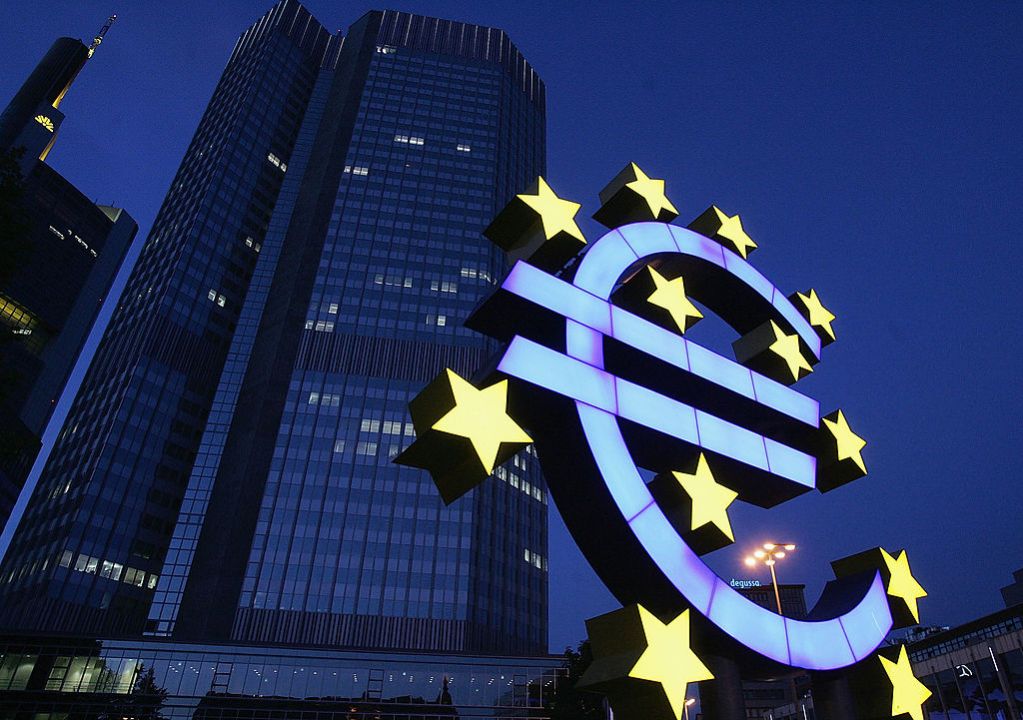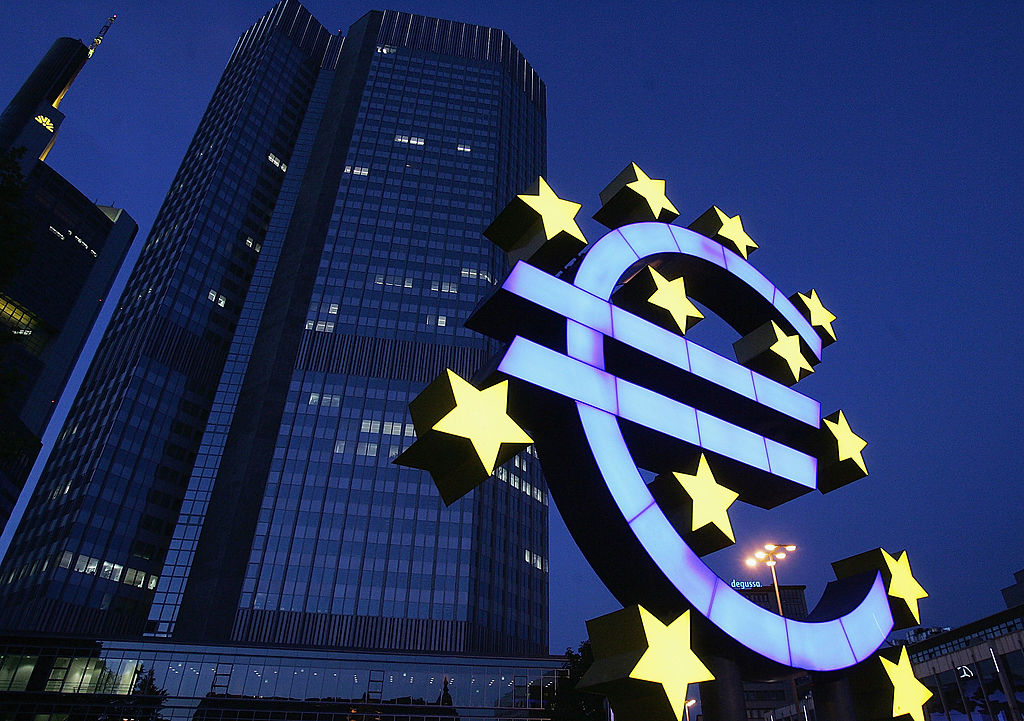A decade ago, Europe clambered out of the 2008/09 financial crisis only to fall into the sovereign debt crisis of 2010. As the global economy rebounded, Greece, Italy and Spain all had to be bailed out by the ECB as investors lost faith in their ability to carry on servicing their loans. Deep economic cuts imposed in Greece as a condition of the bailout threatened political stability.
Could it be about to happen again? Will Europe climb out of the very deep economic hole created by the Covid pandemic only to slide into a hole of sovereign debt? For the moment, that seems a distant question because the Covid hole is still getting deeper. A third wave of the disease has forced France, Germany and others into lockdowns which they had hoped to avoid. Yet the warning signs are there that sovereign debt could once again compromise eventual recovery. According to an analysis by the Financial Times, there has been a sharp rise in exposure of Eurozone banks to securities and loans issued by their own governments which in total has risen by £140 billion to £2.1 trillion over the past 12 months.
The survival of the Euro is far from a foregone conclusion.
The 2008/09 crisis exposed a problem with the Euro which critics had long warned about but which was ignored by its promoters. A Eurozone country which finds itself in economic trouble cannot devalue its currency in order to make its exports more attractive and so boost its economy – it is faced with the politically much harder task of trying to cut wages and salaries in order to try to stay competitive.
Equally problematic, a country which finds itself crushed by debt cannot, ultimately, do as Britain, the US and all other countries which have their own sovereign currencies can do – and print money to buy its own debt. That might not be wise thing to have to do, but investors in US and UK government bonds can feel reasonably secure that those governments would rather print money than default on their debt – and therefore those investors needn’t worry undult about taking a haircut. Investors in Greek and Italian government bonds can feel a lot less confident that the ECB will step in and avert a default – which is why interest rates on those bonds soared a decade ago. For a long while, it looked as if holders of those bonds would have to accept the return of only a portion of their capital.
The Eurozone sovereign debt crisis never really went away. It was patched up, but the stresses created by the Euro continue to afflict member states. At the moment, all eyes are on Europe’s third wave, and how the likes of France and Germany are managing the rising number of cases – blamed by President Macron recently on the more -transmissible Kent variant of the SARS-CoV-2 virus which causes Covid 19.
Europe’s problem is that vaccination rates remain well below those in Britain and the US, a result of an ill thought-out vaccines buying scheme and low uptake of vaccines among many of the public. But the third wave of the pandemic will pass, and vaccination rates should increase as more vaccines come on stream during the summer. What will take longer to resolve is the problem of sovereign debt in a Eurozone where countries do not have their own sovereign currencies. That is likely to rear up again over the next year or two – and the survival of the Euro is far from a foregone conclusion. Europe, as after 2008/09, could once again turn out to be the laggard as North America and Asia recover from Covid.








Comments